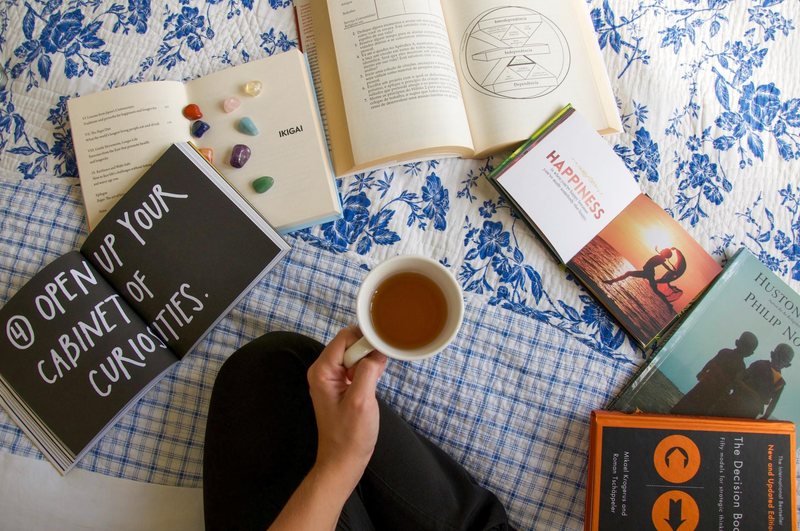
The importance of self-knowledge

Knowing who you are, what you are good at and what you like is very important for finding a job that really suits you. But where do you start and how do you really get to know yourself well?
Self-knowledge is broadly about knowing where your talents and wishes lie, but also knowing what you are less good at and what you like less. It is important to look for what is known as autonomous motivation: the things that naturally interest you, or the interests of your environment that you have acquired over time.
There are several ways to improve yourself. First, you can do some self-reflection and list where you think your qualities lie. What often works very well is to ask others. We like to take for granted the things we are really good at. As a result, we become a bit blind to them and it becomes difficult to identify them as qualities.
Experiment
You can also learn about yourself by trying out certain things. Do you expect to like a particular job? See if you can spend a day with someone who is already doing that work. Small experiments are often the best way to see if your assumption is correct. This entails fewer risks than drastically changing course in one go.
In my trajectories I pay attention to self-insight in various ways. I do various exercises that allow people to get to know themselves a bit better and also use the environment of those people. In addition, there are scientifically based personality tests such as the Big Five and the career scan, which can offer some extra insight into how someone works and what suits them.
Building block
For me self-insight is a very important building block in a coaching process. Getting to know yourself better makes it easier to find a job that really suits you and to communicate clearly about your preferences. People tend to adapt quickly, but in practice it often works much better if you find something that actually suits you.
Learning about yourself never stops. Even if you think you already know yourself well, there will still be things you can discover about yourself. What prevents you from taking a certain step, for example. Or why you have developed certain patterns. Would you like to discuss this further without obligation? Do not hesitate to contact me!

About the author
- Karolien Koolhof is a coach voor introverts and gifted individuals
- Author of the book Introvert Leadership
- Contact

